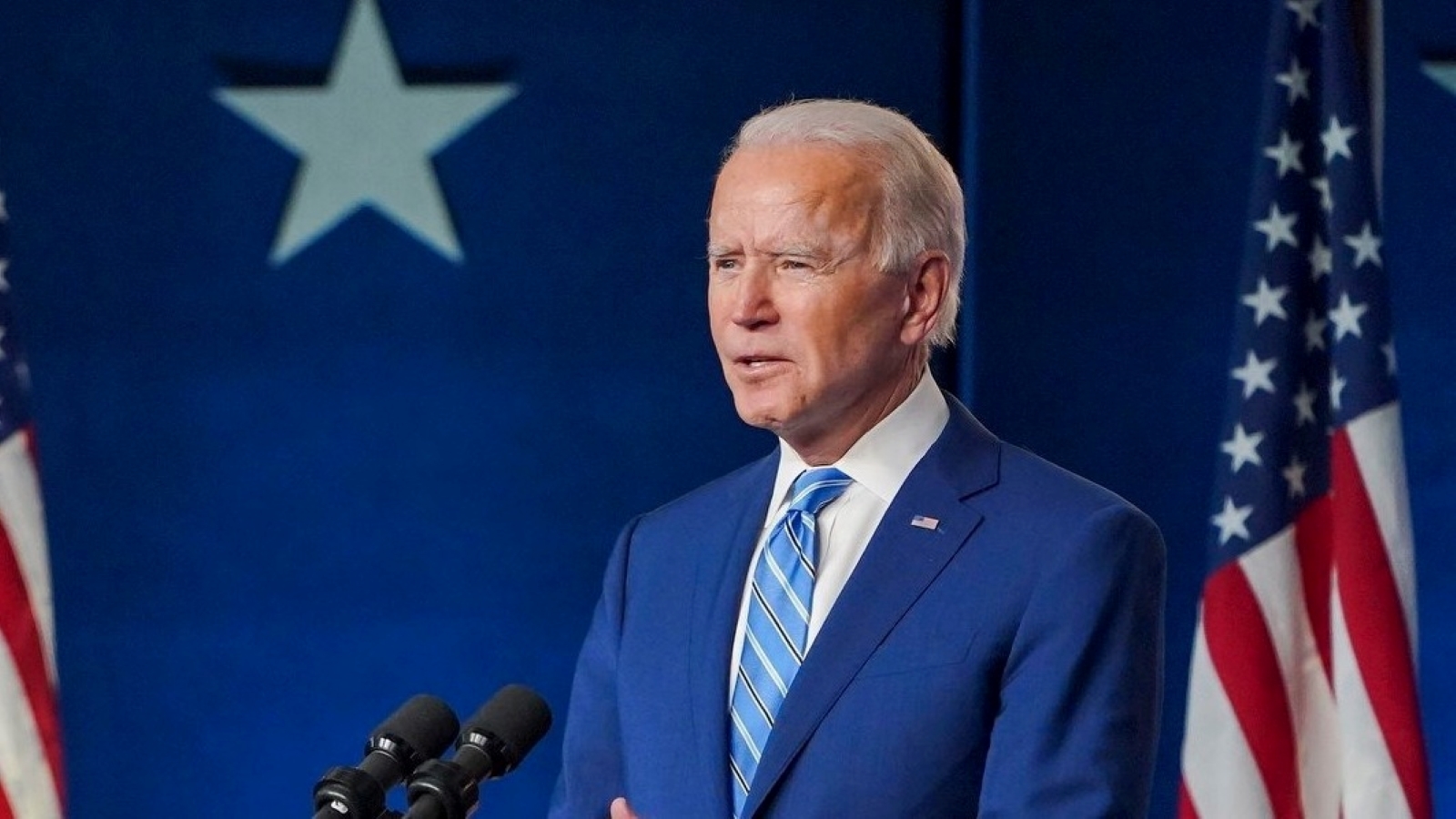President Joe Biden | stock photo
President Joe Biden | stock photo
Michigan residents will see multiple benefits from the $1.9 trillion American Rescue Plan Act of 2021, including a financial safety net for the lowest wage earners and the extension of assistance for unemployed people, according to Bridge Michigan.
The aid will be delivered to Michigan residents as early as mid-March. The COVID-19 stimulus plan was passed yesterday by the U.S. House of Representatives and is expected to be signed by President Joe Biden this week. Assistance will then be distributed through Michigan communities, focusing mainly on lower- and middle-income people.
A total of approximately $10 billion is estimated to pour into Michigan, including a grant program for restaurants and bars. Other community projects, such as road modifications, are also said to be underway. Over 200 Michigan Municipal League (MML) members will discuss the plan's $350 billion grant for state and local governments.
“There were a ton of questions from our members about it, many having to do with when the money is coming, how it can be used and how much each community is getting,” Matt Bach, spokesperson for the MML, told Bridge Michigan. “The questions showed how much need there is among our cities for federal support.”
Unemployed residents will receive an extra $300 per week through Saturday, Sept. 4, with over 859,313 cases of unemployment currently reported in Michigan. The assistance amount is high compared to the state’s average of $362 weekly in the last two decades. People who are unemployed will also be exempt from federal income tax on $10,200 of last year’s earnings and will remain on their previous employer’s health care plan. The change is projected to help 700,000 unemployed residents.
Also included in the Rescue Plan are tax credits and stimulus checks, projected to help an estimated 2.1 million children under the age of 18 across the state, according to Bridge Michigan.
Biden expects the initiative to generate approximately six million new job positions around the country and add $1 trillion to the Gross Domestic Product. The proposed efforts were accepted with 50 Democratic votes in the U.S. Senate, following an unexpected increase in the monthly jobs report.
“The economy remains down 9.5 million jobs from February 2020 and will require more than two years of job growth at February’s pace just to get back to pre-pandemic levels,” Cecilia Rouse, chair of the Council of Economic Advisers, told Bridge Michigan.
Michigan schools will receive $3.8 billion in funds from the relief plan, in addition to $2.5 billion already received in 2020, coming to a total of $6.3 billion in one year added to the school system’s initial $15 billion budget. A minimum of 20% of the funds must be allocated toward safety measure implementations. The amount of aid per school will be determined based on the financial needs of the district, with low-income areas receiving the most.






 Alerts Sign-up
Alerts Sign-up